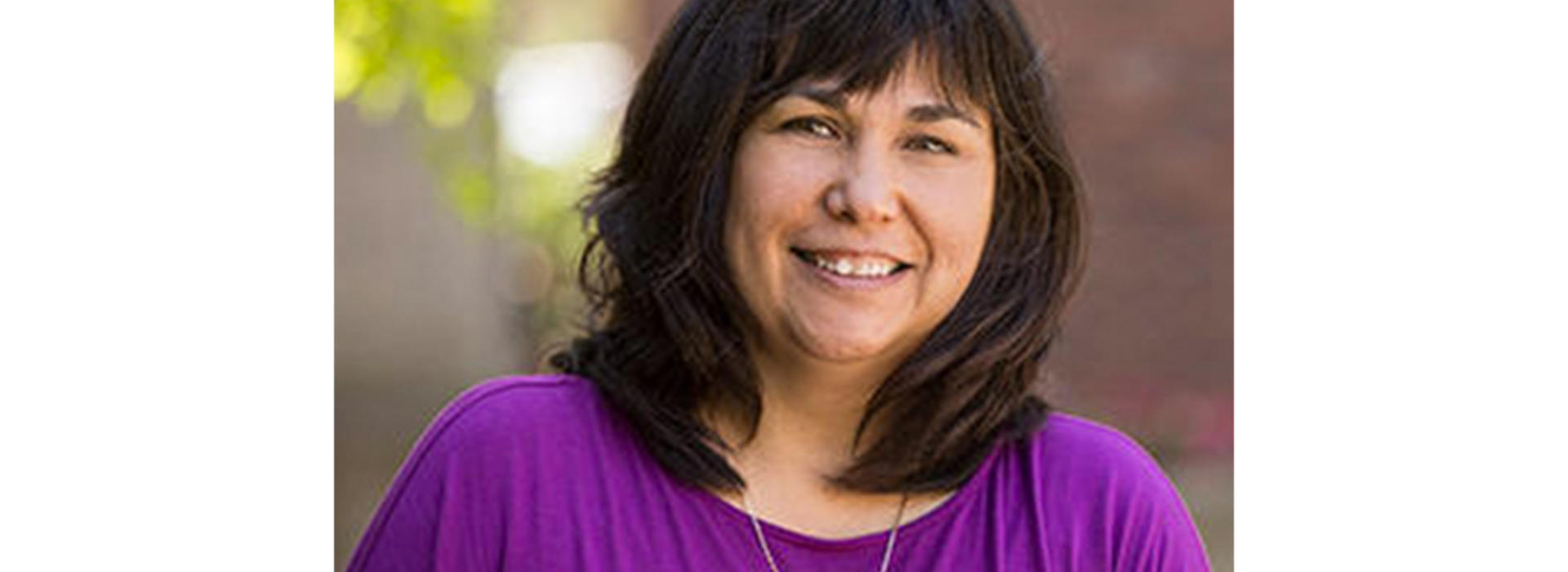
Mary J. Owen, MD, on Caring for Tribal Communities During COVID-19
The desire to train in a program specifically dedicated to Native American physicians drew Mary Owen, MD, to the University of Minnesota Medical School nearly 20 years ago. After graduating from the U of M’s North Memorial Family Medicine Residency Program, Dr. Owen returned to her tribe in Alaska to practice medicine.
“I was starting to get a little burned out after being on-call on nights and weekends,” Dr. Owen said. “Then, I got a call and the Medical School, Duluth campus asked me to come back and, at first, I said ‘no.’ But, as that burnout progressed and I thought about the potential to serve a larger number of Native patients by training other physicians, it became a ‘yes.’”
Dr. Owen relocated to Minnesota in 2014 to become the director of the Medical School’s Center for American Indian and Minority Health and an assistant professor in the Department of Family Medicine and Biobehavioral Health.
Providing Care to Tribal Communities During COVID-19
Tribal nations have long been disadvantaged by inequitable access to healthcare and resources, including personal protective equipment. COVID-19 has further highlighted these disparities as the virus devastates Navajo Nation and tribal nations at far higher rates.
Frustrated with what she calls a “dog-eat-dog system,” where “those who don’t ask as fast as others to get supplies or monies to help their populations are left with less services,” Dr. Owen took action in her community to introduce a number of response initiatives to ease the burdens faced by physicians and tribal communities providing care to COVID-19 patients.
One such initiative was the “COVID-19 Tribal Health Town Hall” hosted by the Center for American Indian and Minority Health. Dr. Owen also used her position as president-elect of the Association of American Indian Physicians to drive partnerships with Native American-owned locum companies to connect essential healthcare professionals to tribal communities in need.
In addition to these initiatives and her own part-time work at a Fond du Lac Nation clinic, Dr. Owen has been asked to participate in a new task force to work with local tribal communities to figure out how they need assistance in preparation for the fallout from COVID-19.
“It hasn't quite hit yet, but we've certainly seen the impact on Navajo Nation,” Dr. Owen said. “We worry about something like that being replicated here. We really want to try and help and make sure we are as prepared as possible.”
Continued Connections in the Time of COVID-19
“What inspired my response is my concern that people were fearful,” Dr. Owen said. “And, primarily because they didn't know what was going on—because we can't make the usual connections that we do.”
One of Dr. Owen’s many duties as director of the Center of American Indian and Minority Health is to support, recruit and retain Native American students and physicians. Now—when faces are masked and loved ones are six feet away—Dr. Owen feels it's especially important to focus on supporting and connecting with students.
For Dr. Owen, this meant checking in on students as they began online learning and transitioning the annual honoring ceremony—a day dedicated to honoring the community, resilience and accomplishments of the graduating class—to an online format. For the Native American medical students she mentors, this meant starting a campaign to connect with Native youth who might be struggling.
The resilience of the students, youth and physicians, Dr. Owen notes, deserves to be recognized in these difficult times—as does that of the communities which they come from.
“The resiliency that we’re seeing in communities, not just Native American communities but lots of communities, by people reaching out to one another,” she said, “we want people to know, or as many people as possible to know, that we are thinking about them. They are not alone.”